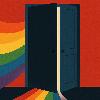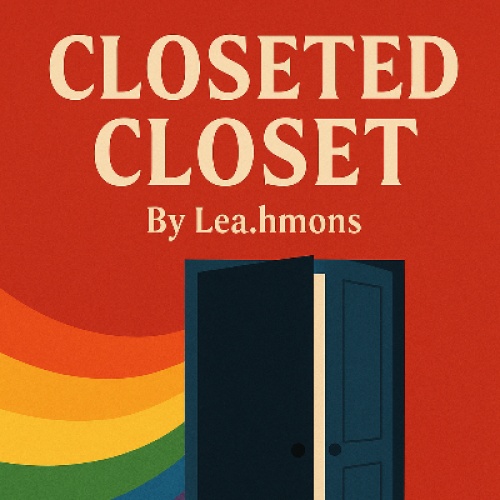As a child, I was naturally curious. I asked questions, sometimes too many, but they would smile and say that was normal. Curiosity was a part of growing up. At school, we were taught many things: how to spell our names, how to add and subtract, and later on, about relationships. They told us that love existed between a man and a woman. That was how families were formed - how life continued. That was the version of love I was taught to believe in. That was the love I thought I understood.
But then came the quiet questions.
I would hear whispers between adults, laughter over stories I didn't fully understand. My aunts and uncles would mention their friends - "bakla," they'd say, sometimes with teasing, sometimes with affection, but never with explanation. I didn't know what the word fully meant, but I could tell it was different. Not quite good, not quite bad - just... something else. And I began to wonder: if a man loved another man, or a woman loved another woman, was that love not normal too? Was it still love?
Being the eldest daughter came with quiet rules. I was taught to speak with grace, to sit with poise, to lower my voice, to be obedient and respectable. I learned early how to carry expectations, not just my own but the dreams of an entire family. They would say, "One day, you'll marry a good man." And I, still a child, would smile and nod. Of course I would marry a man - who else was I supposed to marry? That was the script I was handed, and I accepted it without question.
Back then, I didn't know there were other scripts. Other ways to exist. Other kinds of love that didn't look like the ones in storybooks or Sunday school lessons.
But that curiosity I carried as a child - it never really left me.





